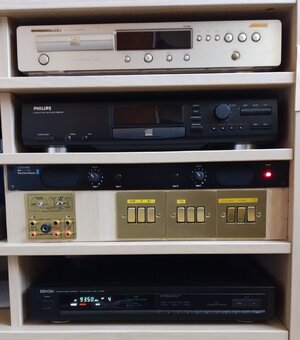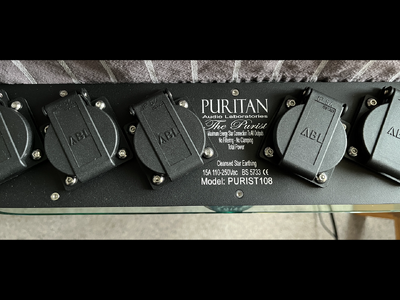Hi everyone
Currently I am wondering if I should leave my power amplifier and preamplifier on or off. It has come to my attention when I began reading some stuff about it, but I can’t really get a satisfactory explanation.
I’ve got the Densen B200 and the B310 combo. Just if people were wondering, they have switches on the back. I also have the option of turning them into idle/standby mode. But what’s the best thing I can do?
BR
Currently I am wondering if I should leave my power amplifier and preamplifier on or off. It has come to my attention when I began reading some stuff about it, but I can’t really get a satisfactory explanation.
I’ve got the Densen B200 and the B310 combo. Just if people were wondering, they have switches on the back. I also have the option of turning them into idle/standby mode. But what’s the best thing I can do?
BR





